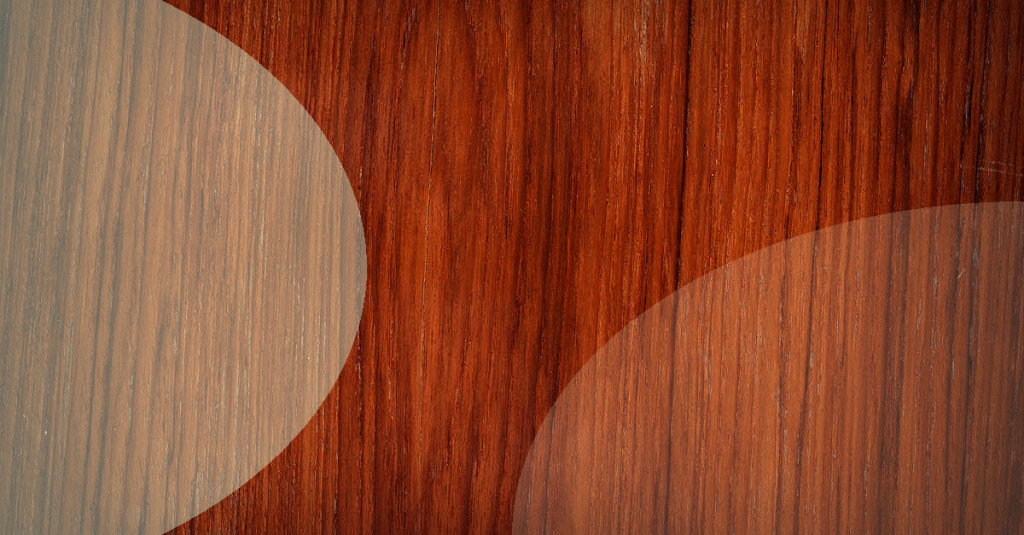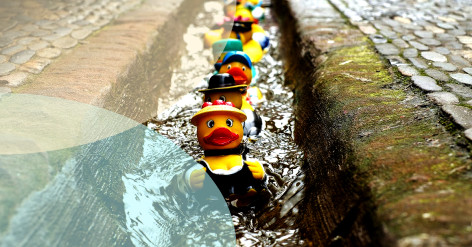DIY Felt Board Fun for Kids' Learning Experience

Materials and Tools Required
DIY projects are always fun and exciting, and when it comes to creating a learning experience for your kids, things can become even more interesting. A DIY felt board is a perfect solution to enhance your child's creativity and make learning more interactive. Felt boards offer endless opportunities for fun learning activities that can be easily adapted to suit your child's interests and skill level.
Step-by-Step Guide

To make a DIY felt board, you will require the following materials and tools:
- A foam board or cardboard
- Self-adhesive fabric
- Scissors
- Ruler
- Felt pieces
- Glue gun
- Pencil
Fun Learning Activities
- Firstly, measure and cut the size of your foam board or cardboard according to your preference.
- Next, cover the board with self-adhesive fabric to form the background.
- Cut different colours and shapes of felt pieces to create objects or characters relevant to the learning activity.
- Use a hot glue gun to attach the felt pieces to the fabric-covered board.
- Once completed, you will have a DIY felt board that can be used for a range of activities.
Letter Recognition
Here are some fun and interactive learning activities that you can use your DIY felt board for:
Related articles
Counting and Basic Mathematics
Cut out a set of uppercase and lowercase letters and ask your child to match them up. You can also use the letters to spell out words or make your child's name.
Storytelling and Role-playing
Cut out multiples of shapes, numbers and basic mathematical symbols like plus, minus, and equals to create simple arithmetic problems. You can also use the shapes to create sorting activities or teach geometry concepts.
Benefits of Using a DIY Felt Board

Use the felt pieces to do role-playing activities or tell creative stories. Encourage your child to create their own stories or use a storybook as inspiration.
Conclusion
Utilising a felt board for learning activities comes with many benefits. Firstly, it provides a hand-on, visual and interactive learning experience. Children can actually see and touch the items they are working with, making it easier to understand and retain information. Additionally, felt pieces can be easily moved around and rearranged, giving children the freedom to explore and experiment with different learning concepts. Finally, it is a cost-effective and creative option for DIY enthusiasts, allowing both children and adults to flex their creative muscles.
A DIY felt board is an excellent way to combine learning and creativity. With a little bit of effort and imagination, you can create a fun and interactive tool that your children can enjoy while learning. Try out some of the activities mentioned above and see how much fun your child has. Take your DIY felt board to the next level by adding new felt pieces as you go. The possibilities are endless!




